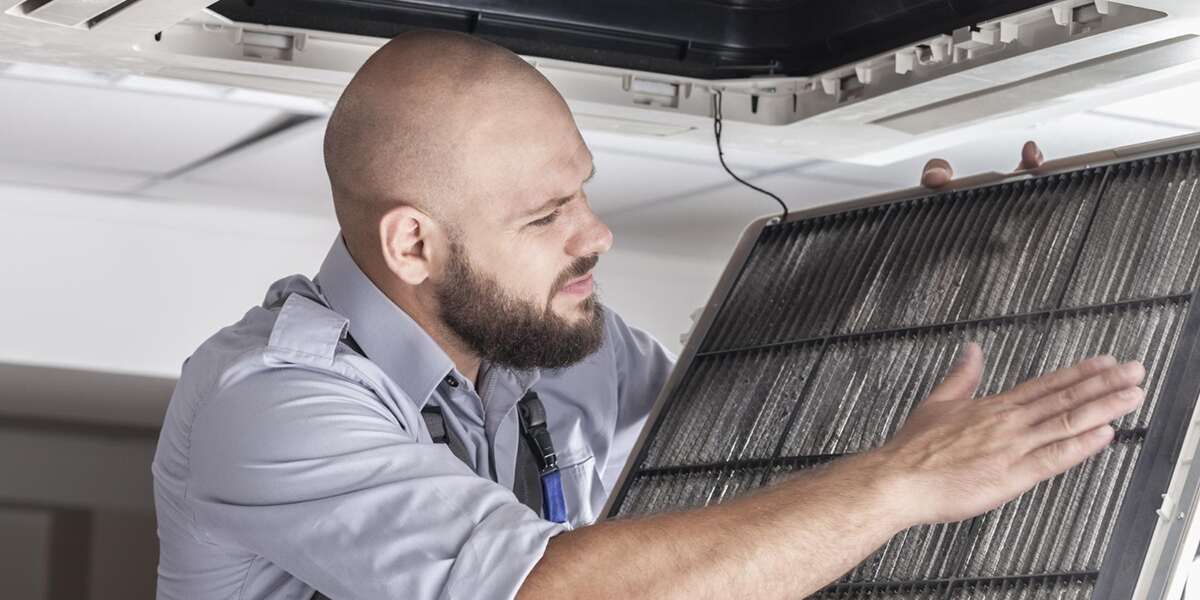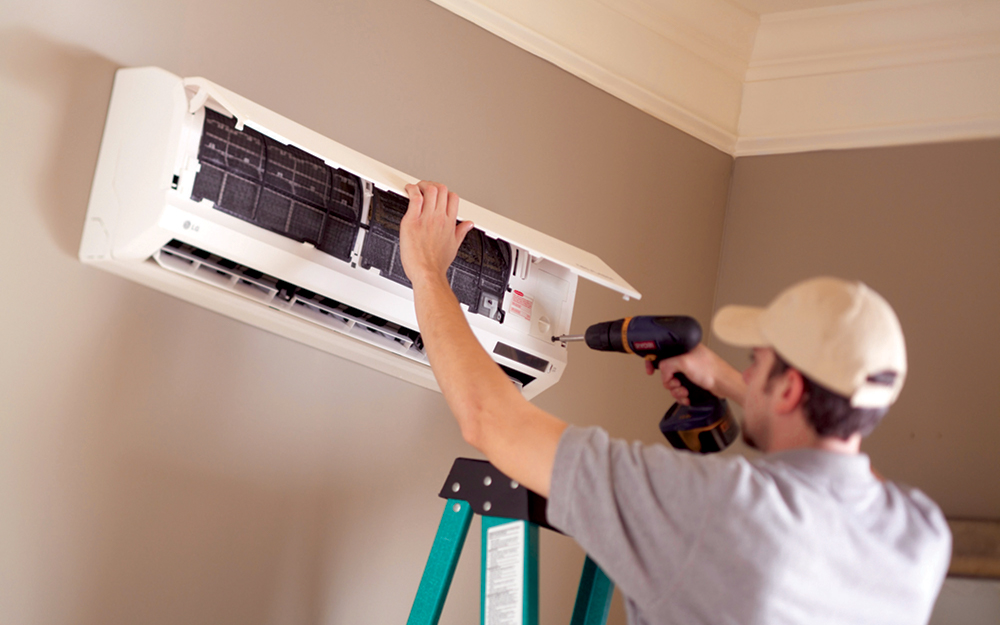Are you experiencing an unpleasant odor in your house vents? This common issue can be frustrating and even embarrassing, especially when you have guests over. In this comprehensive guide, we will walk you through the steps to identify and resolve odors in house vents, ensuring a fresh and pleasant atmosphere in your home or business.

Understanding the Causes of Odor in House Vents
Before diving into solutions, it’s essential to understand what might be causing the odor in your house vents. Various factors can contribute to this problem, and identifying the root cause is crucial for effective resolution.
Common Causes of Odor in Vents
- Mold and Mildew: Moisture in your HVAC system can lead to the growth of mold and mildew, which are common culprits of unpleasant smells.
- Dirty Air Filters: Accumulated dust and debris in air filters can emit a musty odor.
- Animal Infestation: Rodents or insects trapped in your ducts can cause foul smells.
- Clogged Drains: Blocked condensate drains can lead to water accumulation and subsequent odor issues.
- Plumbing Issues: Leaks near air ducts can introduce sewage odors into your ventilation system.
Step-by-Step Guide to Eliminating Odors
Once you’ve identified the potential causes, it’s time to take action. Follow these steps to eliminate odors from your house vents effectively.
Step 1: Inspect and Clean Air Filters
Your first step should be checking the air filters. Remove any accumulated dust and replace them if necessary. Regular cleaning of air filters ensures optimal airflow and reduces odor.
Step 2: Check for Mold and Mildew
Inspect your HVAC system for signs of mold and mildew. Use a flashlight to look into the ducts and around the unit. If you spot any growth, clean it using a mixture of water and mild detergent.
Step 3: Clear Clogged Drains
Check the condensate drains for blockages. Use a wet/dry vacuum to clear any debris and ensure water flows freely. This step helps prevent water accumulation and mold growth.
Step 4: Address Animal Infestations
If you suspect rodents or insects, contact a pest control professional to deal with the issue safely. Eliminating pests prevents further odor problems.
Step 5: Inspect Plumbing Connections
Ensure there are no leaks near your air ducts that could introduce sewage odors. Repair any plumbing issues promptly to maintain a fresh environment.
Maintaining Fresh Air in Your Home
After you’ve addressed the immediate issue, it’s essential to maintain your HVAC system to prevent future occurrences. Here are some tips:
Regular Maintenance
Schedule regular maintenance for your HVAC system. Professional cleaning and inspections help keep your system running efficiently and odor-free.
Use Dehumidifiers
Installing dehumidifiers reduces moisture levels in your home, minimizing the risk of mold and mildew growth.
Ventilate Properly
Ensure your home is well-ventilated to allow fresh air circulation. Open windows and use exhaust fans to prevent stale air.

FAQ: Odor in House Vents
What causes the musty smell in my house vents?
Musty smells are often caused by mold and mildew growth, dirty air filters, or clogged drains. Regular maintenance can prevent these issues.
How can I prevent odors in my HVAC system?
Routine maintenance, including cleaning air filters and ensuring proper ventilation, helps prevent odors. Consider installing dehumidifiers and scheduling professional inspections.
When should I call a professional?
If you can’t identify the source of the odor, or if it persists despite your efforts, contact an HVAC professional for a thorough inspection and resolution.
For more information on maintaining your HVAC system, visit clean air conditioner prevent musty odors. Additionally, you can explore further resources on musty duct smell causes and preventing odor in ducts for more maintenance tips.
This article contains affiliate links. We may earn a commission at no extra cost to you.